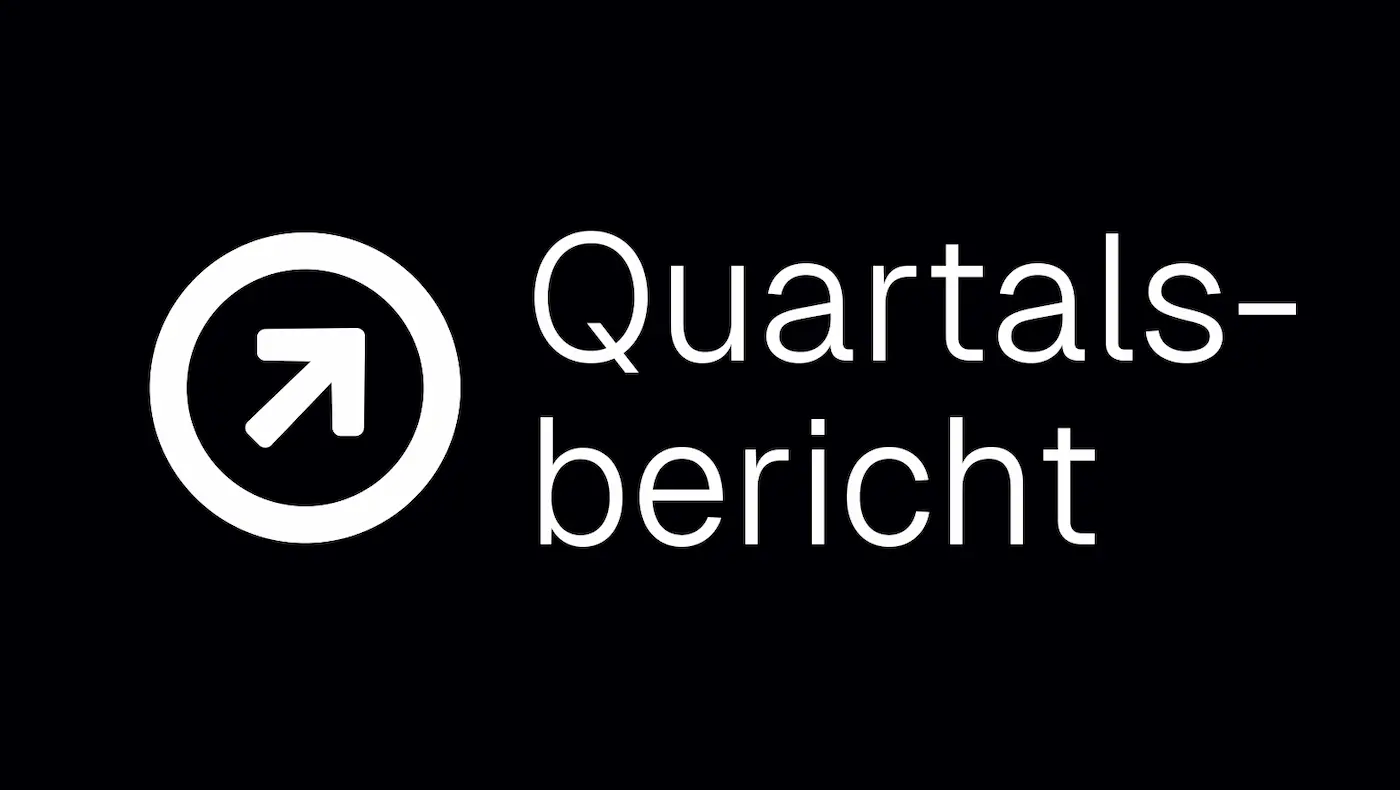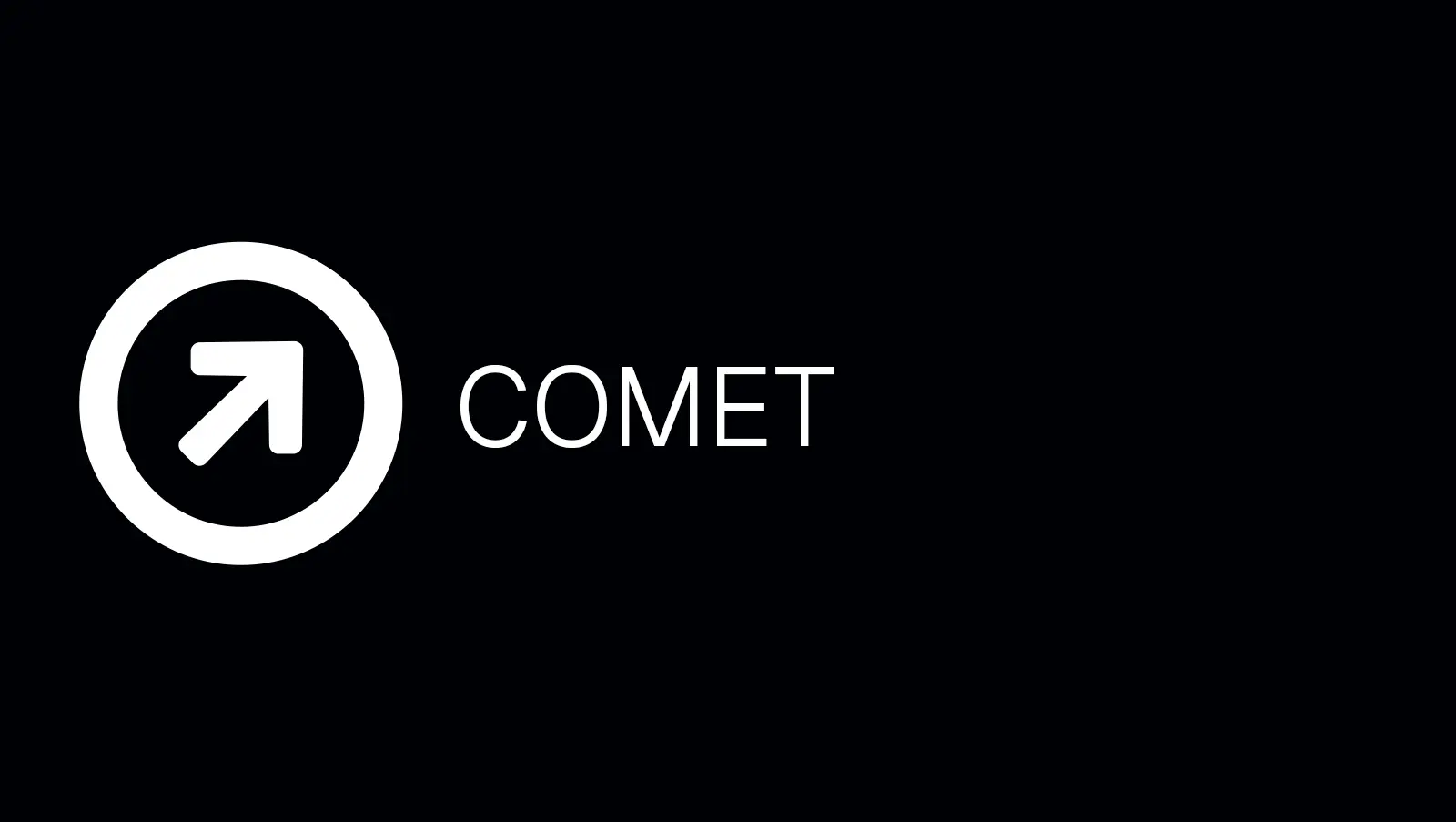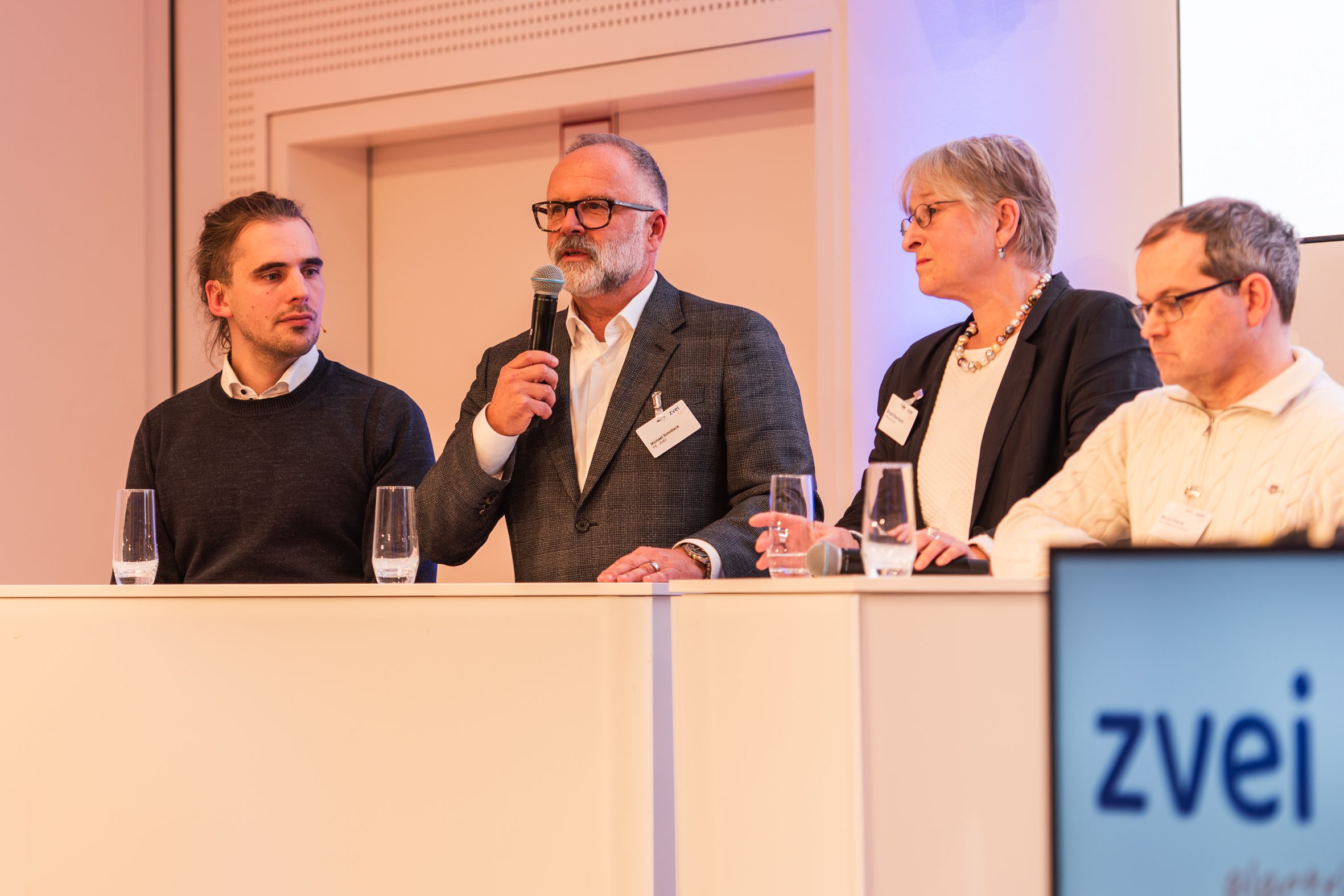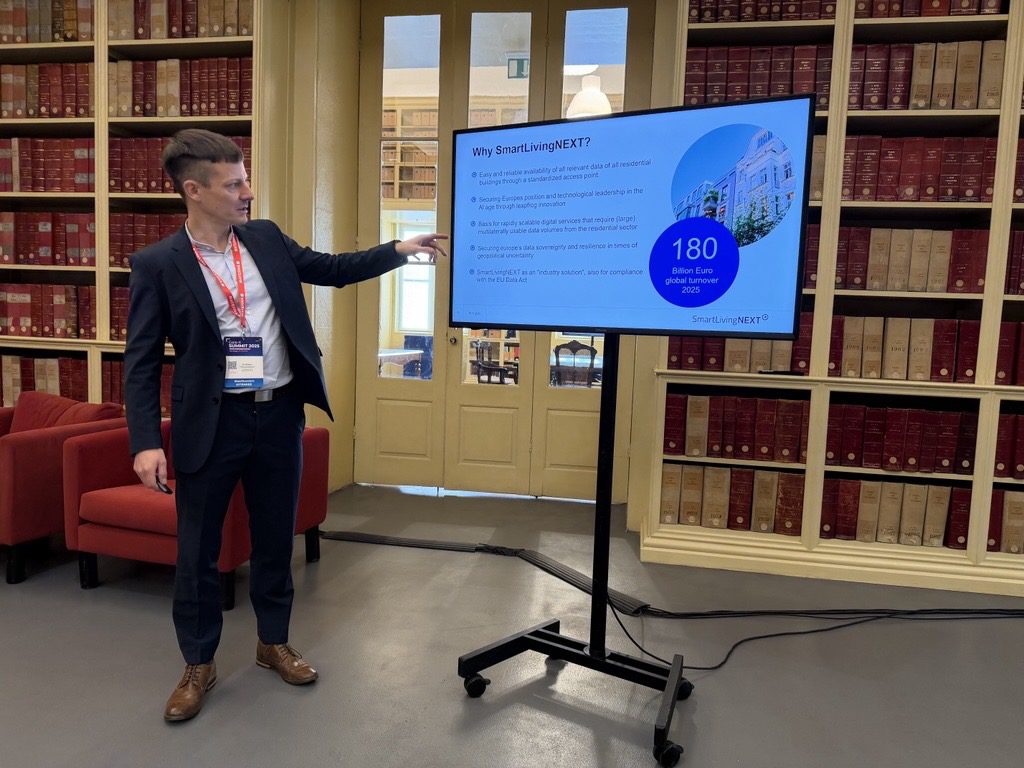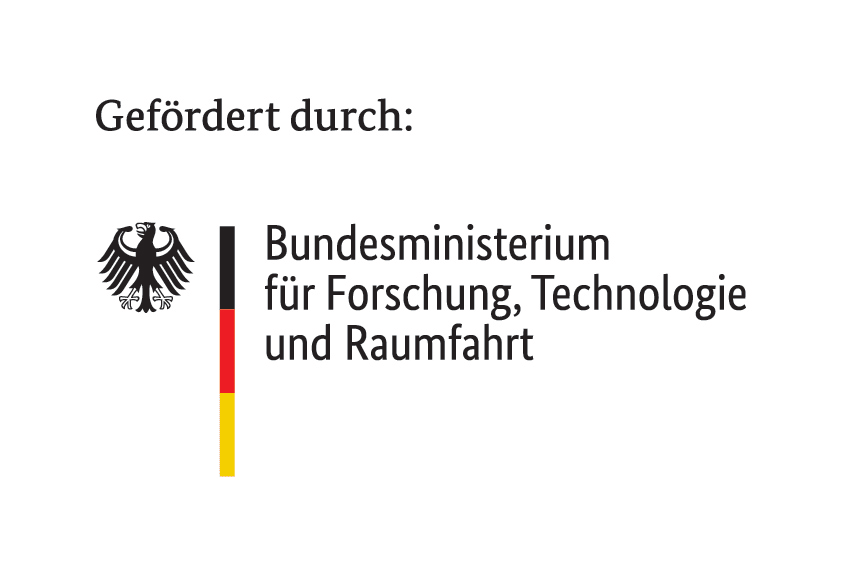“Shared data rooms make it possible to increase efficiency and conserve resources.”
15. May 2024
6 minutes
Phoenix Contact is a leading global supplier of electronic components and systems for automation, energy and building technology. As with ForeSight, the company is now an associated partner of SmartLivingNEXT. Jörg Nolte, Vice President, explains in an interview how impulses from collaborative research flow into product development at Phoenix Contact and what significance the vision of the “All Electric Society” has.
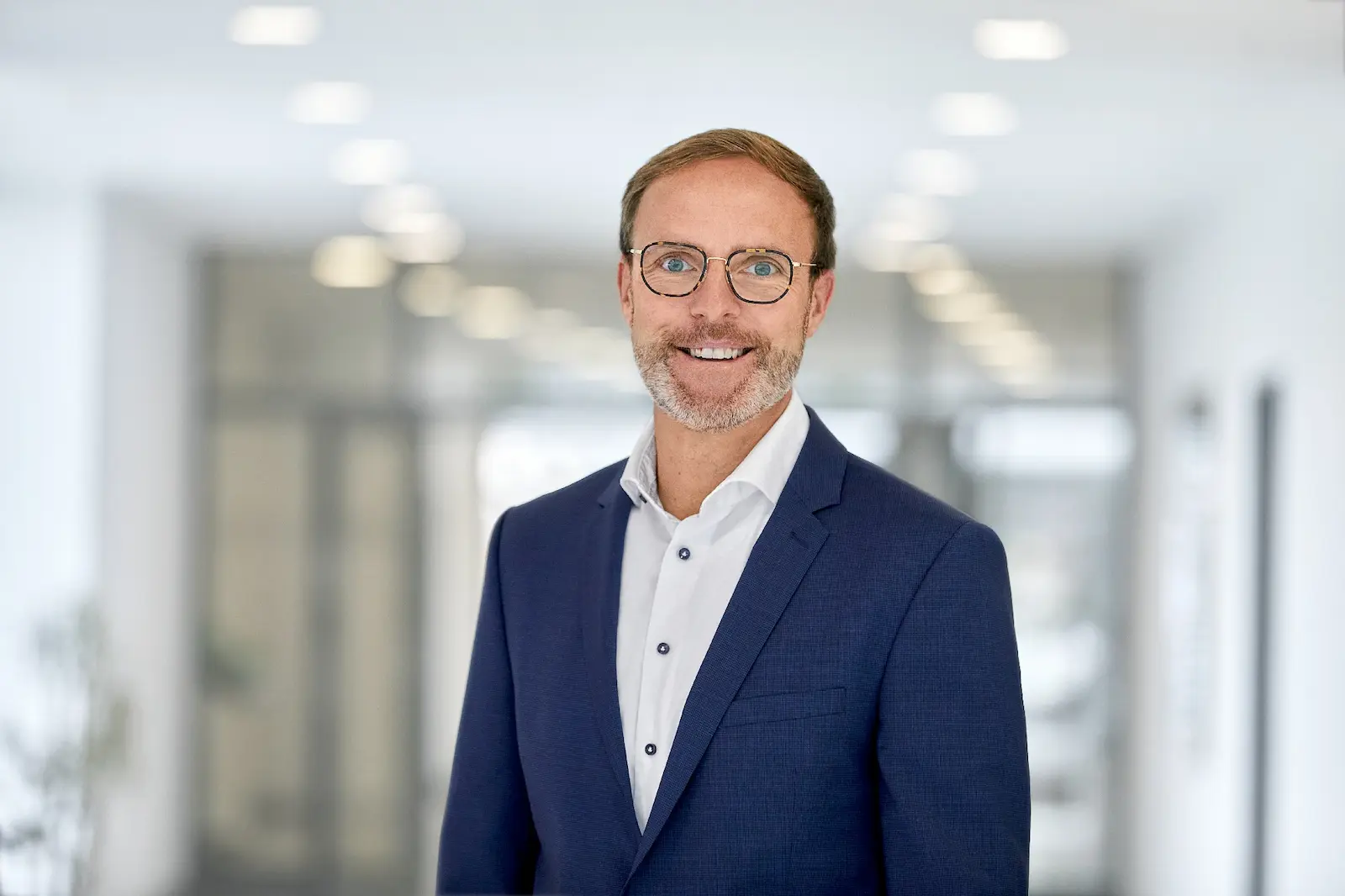
SmartLivingNEXT is the first digital ecosystem that aims to enable easy data availability and data usage for living or home-like environments. Mr. Nolte, what convinced you about this concept?
SmartLivingNEXT’s comprehensive approach offers added value to all stakeholders. This not only brings together individual applications, systems or residential buildings, but also creates an ecosystem that can form the basis for new business models. I also think it’s good that ethical aspects, which often play a subordinate role in discussions, are considered alongside technological issues and integrated into the concept.
The technology program is researching a shared data space in which trusted partners make their data available to each other. To what extent is the development of shared data rooms in the residential building sector taken into account in Phoenix Contact’s research activities?
A shared data space is an important topic for the future that plays a relevant role in our developments. Use cases can be integral planning or the commissioning process for technical building systems. Secure, shared data rooms and structured data in general are the basis for increasing efficiency. New business models can emerge, for example in the awarding and execution of maintenance services or in the evaluation of technical systems. The bottom line is that these have the potential toreduce CO2 emissions and thus enable buildings to be operated more efficiently and cost-effectively. Shared data rooms therefore enable efficiency to be increased and resources to be conserved.
Phoenix Content was already involved in ForeSight as an associated partner. What knowledge has your company gained from the joint project and how has this been incorporated into research activities or product development?
As part of the associated partnership at ForeSight, we were regularly informed about the current status of the joint research project and were able to network with contacts from the research project at various larger and smaller events. We had many discussions there, which showed us in particular that sustainability is an important requirement with regard to the technology used in buildings. It is also important that the diverse data collected in a building must also flow together at some point. This was the impetus for the development of a new product. It is a kind of “data concentrator” or a new type of control system for building and room automation. On the one hand, this system is based on the cradle-to-cradle principle, meaning that it was produced sustainably. Technologically, it has a hybrid function with which KNX-TP communication, which is widespread on the market, can be integrated into an IoT network. As it supports all important building automation protocols, it can be a central interface between the building and a dataspace.
Do you intend to use this development as part of SmartLivingNEXT in the future?
The development is suitable for further research into such a concept as part of SmartLivingNEXT. We hope to gain further impetus and feedback from the application in order to continuously integrate the findings into the further development roadmap for the control system. Furthermore, we are convinced that such an idea will play to its strengths in the future, especially in the renovation of existing properties. The advantage of the SmartLivingNEXT ecosystem is its increased efficiency when used for maintenance and servicing in properties. Rigid maintenance plans could be replaced by intelligent and demand-oriented concepts. We want to support this with suitable hardware from our portfolio.
In what form has the use of artificial intelligence been introduced at Phoenix Contact?
We recognized early on that artificial intelligence is a key factor in the development of smart living services. In our smart building in Bad Pyrmont, we “live” digital trends such as Building IoT/building automation, Facility Management 4.0 and BIM. We use AI primarily for the analysis and optimization of data streams that originate from various sensors, applications and machines in the building automation context. For example, we can improve energy management, increase safety or enhance comfort. Generative AI in particular opens up a wide range of possible applications within the Phoenix Contact Group in production and administration, which requires speed and a willingness to change and opens up many opportunities for us.
Phoenix Contact’s corporate culture and identity is based on a strong set of values that also takes into account the vision of the All Electric Society, for example. What does this mean and what goals can be derived from it?
As a member company of the ZVEI, we support the vision of the All Electric Society. Together with our partners and customers, we want to implement this vision of the future in order to make a sustainable contribution to a world worth living in. This vision describes a society that is completely powered by renewable primary energy. It relies on innovations taking place and us making a contribution here. With this in mind, we conduct research and development in technology fields with specialists from our partner and customer network and, of course, in close cooperation with universities in research projects.
Our corporate goal is to achieve sustainable growth by continuously developing our product and solution portfolio. We do not just look at the individual product. From the planning to the operation of our customers’ technical systems and their infrastructures – we always see the systemic connection between products and software solutions that optimize processes.
Mr. Nolte, thank you for the interview.
Listen to the article (in German)
Editorial office:
Maximilian
Metzner
Category:
Flagship project
